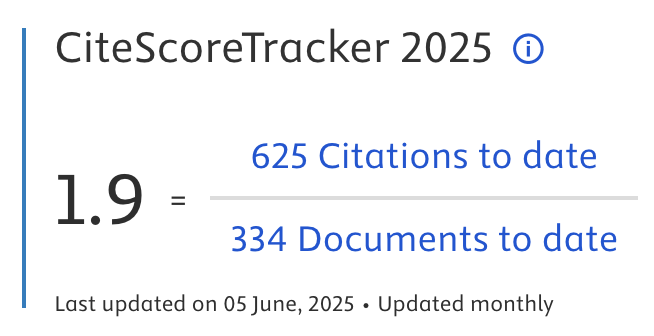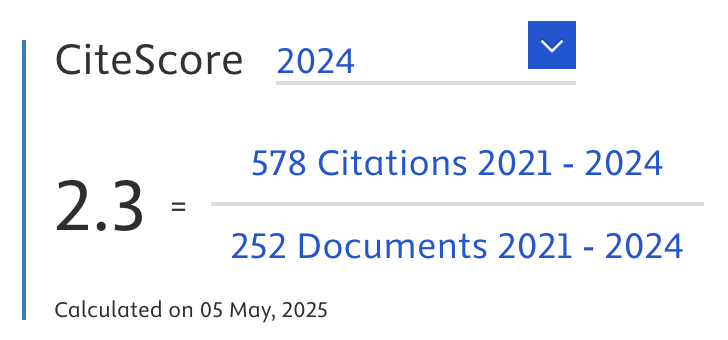Optimizing Survival Prediction in Children Undergoing Hematopoietic Stem Cell Transplantation through Enhanced Chaotic Harris Hawk Deep Clustering
Abstract
Cancer can impact individuals of all ages, including both children and adults. Diagnosing the pediatric cancer can be challenging due to its rarity. Typically, it is not recommended to screen for pediatric cancer as it may lead to potential harm to the children. One of the specialized treatments for pediatric cancer is Hematopoietic Stem Cell Transplant (HSCT). HSCT performs replacement of existing one’s blood cells with the donor’s bone marrow healthy cells. However, forecasting the survival rates following the pediatric HSCT is crucial and poses challenges in early detection. Many machine learning algorithms have been developed to predict the risk of transplant outcomes which depends on the type of disease or patient’s comorbidity. In this work, the enhancement of survival prediction for children who have undergone hematopoietic stem cell transplantation (HSCT) is achieved through the introduction of a deep learning model that is based on behavioral characteristics. The primary aim of this model is to identify and differentiate between the patterns of malignancy, non-malignancy, and hematopoietic conditions within the dataset of bone marrow transplant patients. The existing unsupervised machine learning algorithms, performs clustering of instances with the randomly selected centroids, which often results in local optima and early convergence affects the accuracy rate. Hence, the present approach introduces Chaotic mapping Harris Hawk Optimization (CHHO) in order to enhance the conventional k-means clustering procedure due to its significantly reduced computational complexity. To understand the pattern of the bone marrow transplant dataset, the deep clustering model with its ability of auto encoder and decoder, discriminates the labelled instanced. With the inferred knowledge proposed CHHO with Deep clustering Model (CHHO-DCM) performs the effective clustering of instances with the advantage of both local and global optimization. The simulation outcomes have substantiated the effectiveness of the suggested CHHO-DCM model as it attains the highest level of precision when compared to the prevailing clustering models in predicting the survival of pediatric patients during Hematopoietic Stem Cell Transplantation (HSCT).s enduring HSCT.
Article Metrics
Abstract: 153 Viewers PDF: 75 ViewersKeywords
Full Text:
PDFRefbacks
- There are currently no refbacks.

Journal of Applied Data Sciences
| ISSN | : | 2723-6471 (Online) |
| Collaborated with | : | Computer Science and Systems Information Technology, King Abdulaziz University, Kingdom of Saudi Arabia. |
| Publisher | : | Bright Publisher |
| Website | : | http://bright-journal.org/JADS |
| : | taqwa@amikompurwokerto.ac.id (principal contact) | |
| support@bright-journal.org (technical issues) |
 This work is licensed under a Creative Commons Attribution-ShareAlike 4.0
This work is licensed under a Creative Commons Attribution-ShareAlike 4.0





.png)